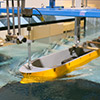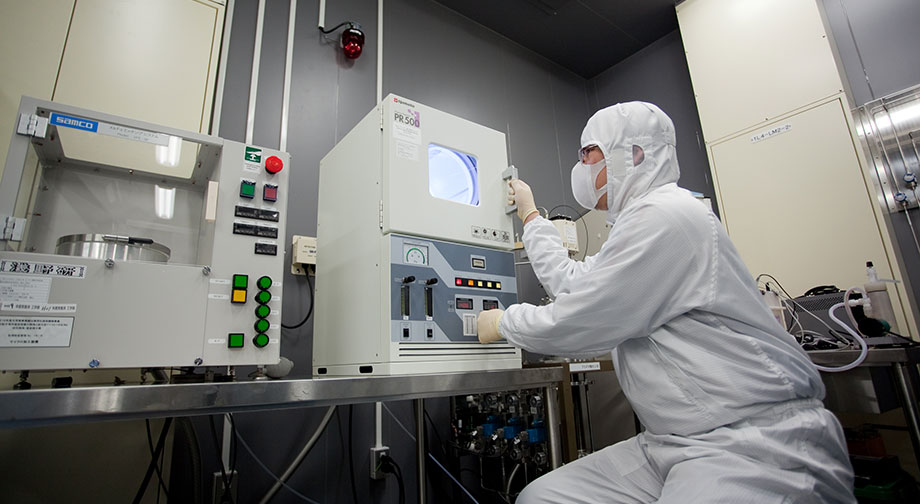-
06 January 2026
【Free】Silicon Valley-style “Zero to One” Entrepreneurship Program - ZTO - Participants Wanted (Free of Charge)! Deadline 1/30
-
17 November 2025
2nd KU-TT Joint Symposium (Co-hosted with National Taipei University of Technology) at the Inamori Foundation Hall
-
02 October 2025
New Application Guidelines for Special Examination for International Applicant /International Master's and Doctoral Program( Academic Year from April 2026)has been posted.
-
04 July 2025
Announcement of the Result of Screening on International Master's Programs and Master's Course of Department of Cooperative Program for Resources Engineering in the Graduate School of Engineering, Kyushu University (Academic Year from October 2025)
-
04 July 2025
Announcement of the Result of Screening on International Doctoral Program in the Graduate School of Engineering, Kyushu University (Academic Year from October 2025)
-
18 March 2025
New Application Guidelines for International Master's Program and Doctoral Program( Academic Year from October 2025 )has been posted.
-
10 February 2025
Associate Professor Alexander Ryota Keeley of the Faculty of Engineering Receives "Innovators Under 35 in Japan 2024" Award from MIT Technology Review
-
01 October 2024
New Application Guidelines for Special Examination for International Applicant /International Master's and Doctoral Program( Academic Year from April 2025)has been posted.
-
05 July 2024
Announcement of the Result of Screening on International Master's Programs and Master's Course of Department of Cooperative Program for Resources Engineeringin the Graduate School of Engineering, Kyushu University (Academic Year from October 2024)
-
05 July 2024
Announcement of the Result of Screening on International Doctoral Program in the Graduate School of Engineering, Kyushu University (Academic Year from October 2024)































